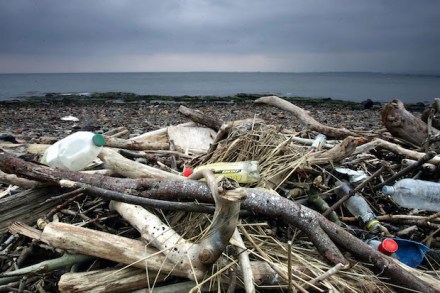Why are bishops so rude?
This is a slightly misleading headline for today’s Holy Smoke podcast, because Fr Alexander Lucie-Smith, Lara Prendergast and I didn’t spend a lot of time duscussing episcopal rudeness. The episode is actually about snobbery in church circles. Fr Alexander muses on clergy who name-drop like dowagers while Lara picks her way through the minefield of wedding invitations. But rude bishops do crop up, because it’s something I’ve wanted to get off my chest for years. That’s a bit rich, I know, given some of the articles I’ve written. But I reckon most journalists would rather deal with a slimeball from the Palace of Westminster than an over-promoted middle manager in


















